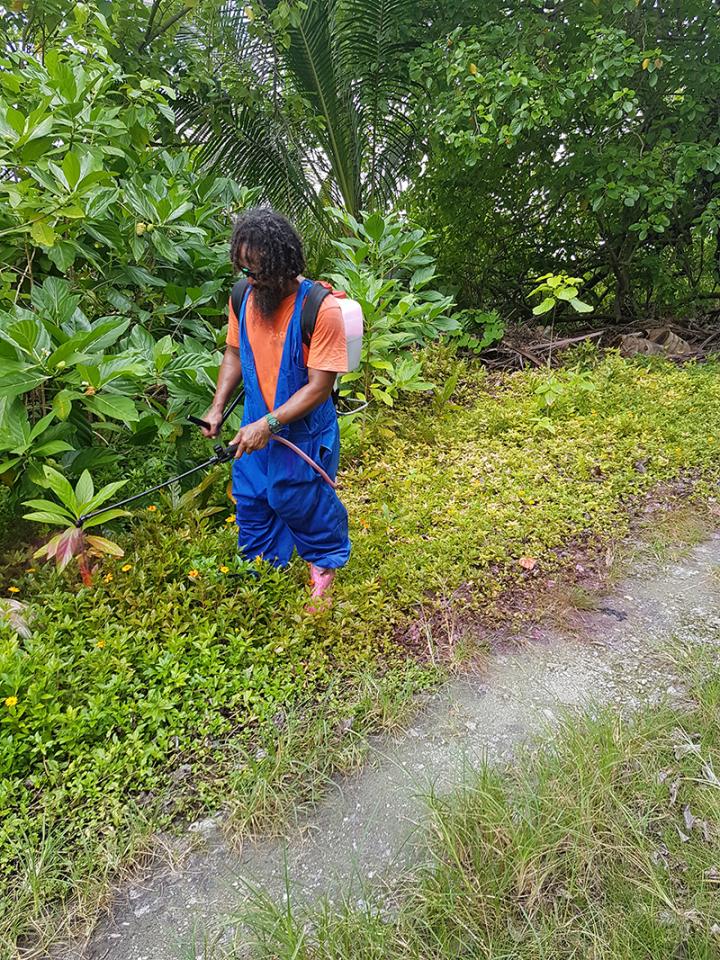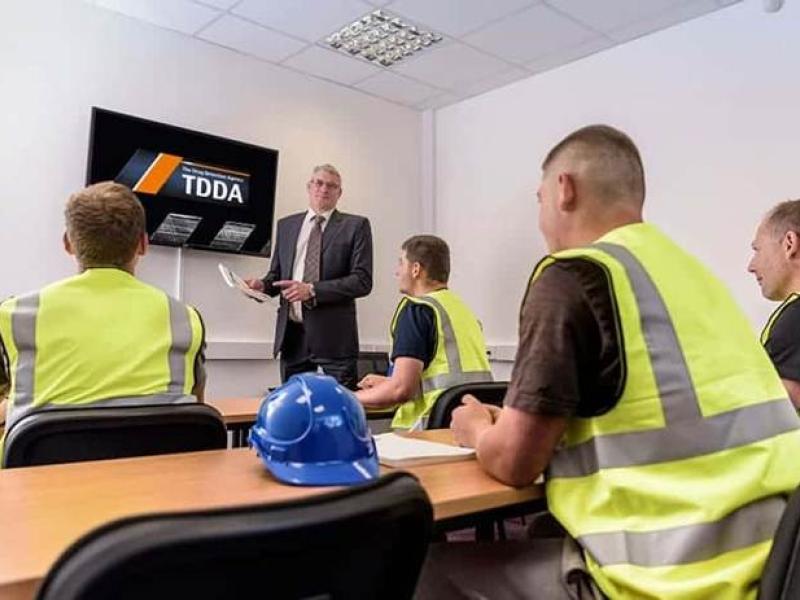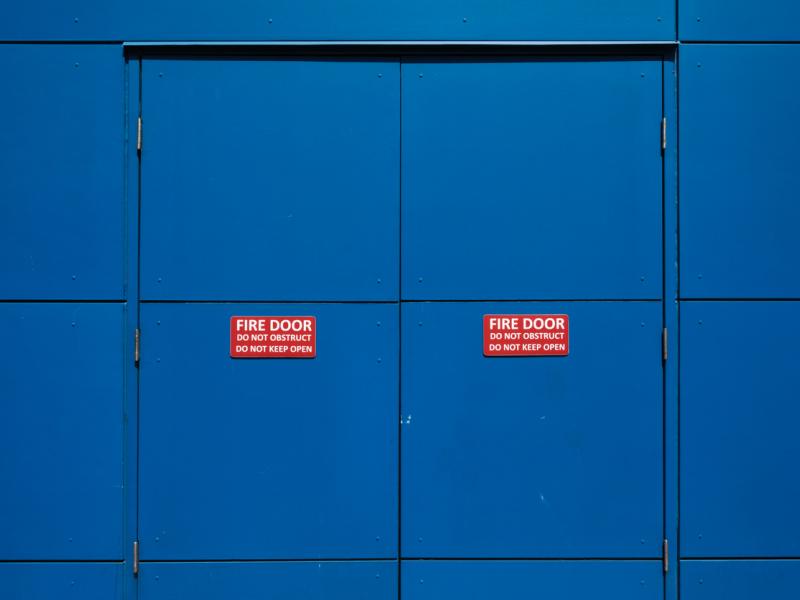A Kiwi firm’s technology has been selected to help protect workers in a United Nations programme aiming to prevent the extinction of hundreds of endangered species.
The UN Environment invasive species initiative, designed to help countries better adapt to climate change by significantly reducing the socio-economic and ecological impact of invasive species on local ecosystems, has been launched in 20 Pacific Island nations.
Gisborne based tech company ThinkSafe, has developed mobile technology to monitor the safety of thousands of workers in some of the world’s most remote and inhospitable environments and has customised their application to support the UN programme.
Andrew Burns, managing director of ThinkSafe, says the environmental initiative is critical to helping reduce the threats from Invasive Alien Species (IAS) to terrestrial, freshwater and marine biodiversity in the globally significant Pacific ecosystems.
He says the mobile based technology, helps to proactively prevent injuries to a workforce by using geolocation to identify and communicate potential hazards.
Data collected from the field is also aggregated and analysed using algorithms developed by the company to create incident monitoring and reporting models that help prevent injuries.
“Pacific Islands ecosystems are among some of the world's most biodiverse, however their isolation and relatively recent human occupation means native species have not evolved to cope with the devastating impact of predators.
“Invasive species are the leading driver of biodiversity loss in the Pacific. They have a significant impact on ecosystem resilience leading to a loss of production in ecosystem services and a reduced ability to adapt to climate change.
“The UN-led initiative is critical to helping Pasifika adapt to the impact of global warming and will utilise a workforce of hundreds of staff across the island nations working to remove IAS from these habitats,” he says.
Burns says the working environment in the Pacific Islands can be extremely hazardous and the infrastructure required to rescue remote workers who are injured is often insufficient or ineffective.
He says there is no regulatory oversight or high-level support systems in the Islands to protect workers - despite operating in one of the world’s highest risk working environments.
“As part of the eradication process, workers put themselves at extreme risk of injury and in many cases the low probability of being evacuated from these remote locations in time significantly increases the chances an injury will be fatal.
“These risks range from being attacked by aggressive predators they are trying to eradicate including wild dogs and boar, harsh chemical burns, lacerations occurring during tree felling and bush clearing, as well as the potential for drowning while river crossing or boating.
“Our technology, which was developed and extensively field tested in Papua New Guinea jungles, has been modified to meet the unique needs of the UN environmental programme.
“We are also introducing a formal health & safety training programme which is a first for this workforce.
“It is designed to train workers in risk management processes as well as proactively identifying and mitigating hazards to help ensure their protection while performing this essential service,” he says.
Burns says staff are provided with mobile devices that allow them to record the GPS locations of hazards and create reports that are shared throughout the network.
He says the technology has also been adapted for health & safety monitoring and workforce protection in 90 different industries for over 5,000 users in 24 countries.






